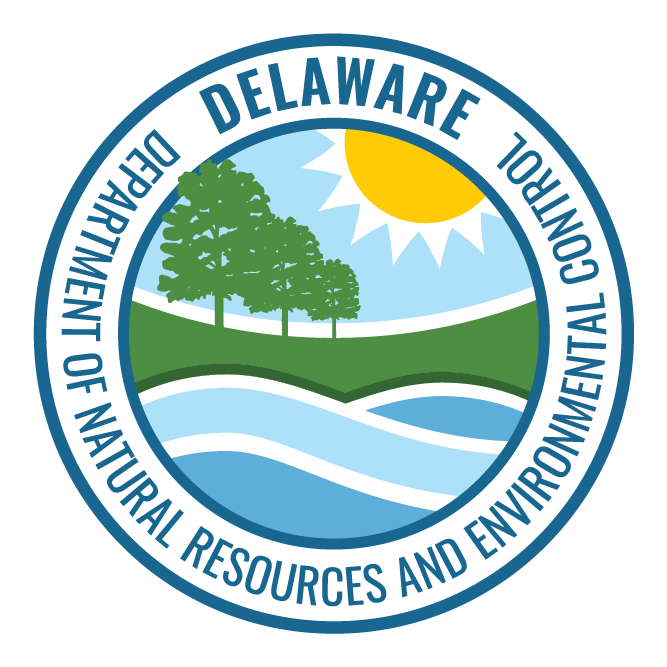Pages Tagged With: "phragmites"
Private Lands Assistance
Delaware is a biologically diverse state with hardwood forests, swamps and coastal marshes that support over 400 species of mammals, birds, reptiles and amphibians. Despite significant strides in conservation, much of the wildlife habitat in Delaware remains isolated, degraded and unprotected as more land is converted to urban, commercial and industrial uses.Detailing Delaware’s Marshland Battle Against Invasive Phragmites
Delaware marshes are chock-full of phragmites, a mostly invasive plant species that threatens to disrupt ecosystems throughout the state. First identified in Delaware in the 1840s, it is ubiquitous near waterways in our state today. That’s why the Delaware Department of Natural Resources and Environmental Control has for decades worked to control the population and manage habitats, in the process preserving a delicate balance.Phragmites Management
Phragmites (Phragmites australis) can become invasive in tidal or nontidal freshwater or brackish marshes, ponds or impoundments. This training workshop from the DNREC Coastal Training Program teaches phragmites management in saltmarsh ecosystems. This workshop focuses on phragmites management using current research, experience and unbiased explanations of phragmites impacts, benefitsIndian River Near Millsboro Beneficial Use Dredging Project
Work is set to begin in the summer of 2024 on dredging the navigational channel along the Indian River, near Millsboro. The material dredged from the channel will be used in a marsh enhancement project to restore a local wetland area.Contact Us
Do-it-Yourself Phragmites Control Tips
The Division of Fish and Wildlife offers a phragmites control cost-share program to help landowners control larger stands of phragmites. There are steps landowners can take themselves to control smaller areas of phragmites. Herbicides That Can be Used Sources for Aquatic Glyphosate Keystone Pest Solutions 877-835-8321 ShorelineCost Share Program Questions and Answers
A list of frequently asked questions, and answers, about the phragmites control cost-share program offered by the Division of Fish and Wildlife.Contact Us
James Joachimowski Impoundment/Habitat Biologist 302-725-3638




